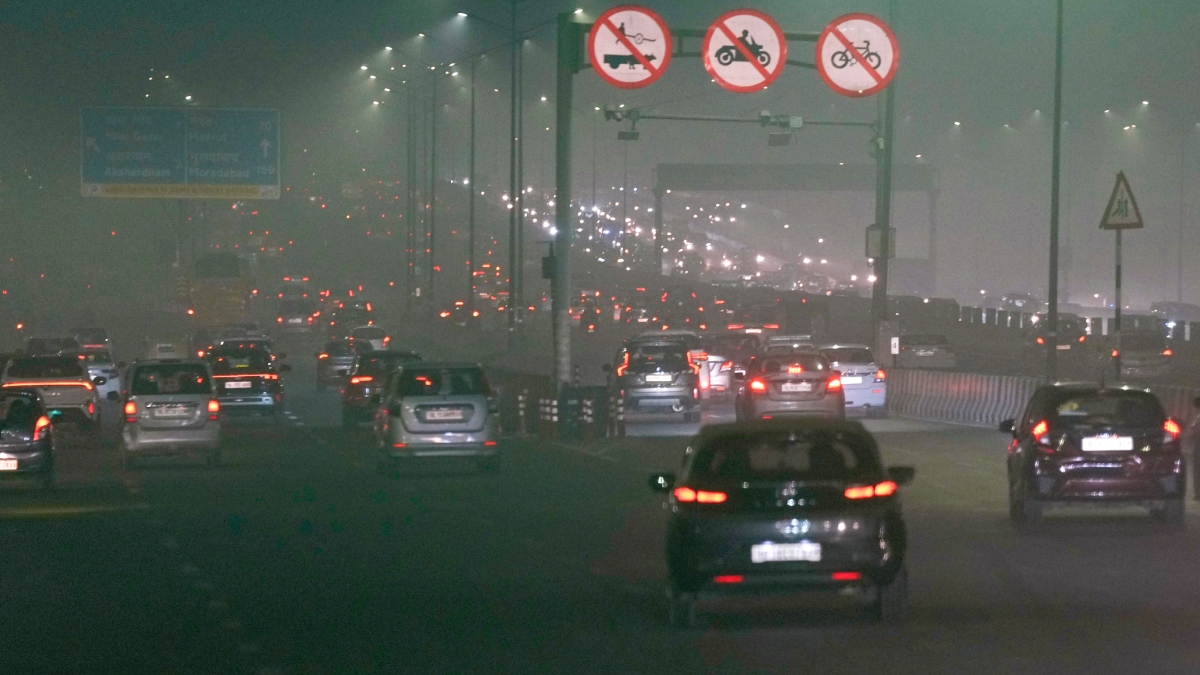A tool to measure vehicular emissions developed at IIM Bangalore has just been awarded an ISO certification. The Transportation Emissions Measurement Tool or TEMT helps in accurately quantifying and measuring greenhouse gas (GHG) emissions from freight transportation vehicles, which will be of crucial help to companies exporting goods since many regions, like the EU for example, are set on imposing additional levies on products with a higher carbon footprint.
TEMT has been developed by the Supply Chain Sustainability Lab, a collaboration between IIM Bangalore and the Transport Corporation of India. TEMT is a digital platform that can accurately measure carbon emissions to satisfy international parameters, and is the first of its kind to earn an ISO 14083 certification.
🌱 TCI-IIMB Supply Chain Lab is the first in India to achieve ISO 14083! The emission factors API is now on ULIP platform. 🌍
— Electrical Mirror (@Electricalmirro) December 18, 2024
Read more :https://t.co/PZ6kLCi9g4#Sustainability #ISO14083 #IIMB #TCI #ULIP #GreenTech pic.twitter.com/uzNgkrXtnS
ISO 14083 is the global standard for quantifying GHG emissions from transport operations. Applicable to road, rail, air, maritime and inland waterway transport, it covers fuel combustion and electricity consumption. The standard outlines calculation methods, data requirements and reporting guidelines, offering a standardised framework for tracking emissions and enabling organisations to make informed decisions on emission-reduction strategies.
Commerce and Industry ministry’s NICDC Logistics Data Services has integrated ISO 14083 emission factors into the Unified Logistics Interface Platform (ULIp), enabling users to seamlessly calculate emissions from freight movements (cargo trucks, shipping etc) so that it can be reported at borders like those of EU, when the carbon border mechanism tax kicks in from 2026 (though India has been opposing this tax right from the beginning). The platform is commodity-agnostic, meaning it applies to all types of shipments, with outputs availble in PDF abd CSV formats for ease of reporting and analysis.
Transportation is responsible for 14 per cent of India’s total GHG emissions, with cargo transportation accounting for nearly half of the carbon dioxide emissions within this sector. Unless cleaner technologies (EVs or hydrogen-fuelled trucks, for example) are adopted, these emissions are feared to increase four-fold in the next two to three decades. Getting a standardised tool to evaluate the emissions on the go is a small, but significant, step in India’s journey to becoming carbon neutral by 2070.



